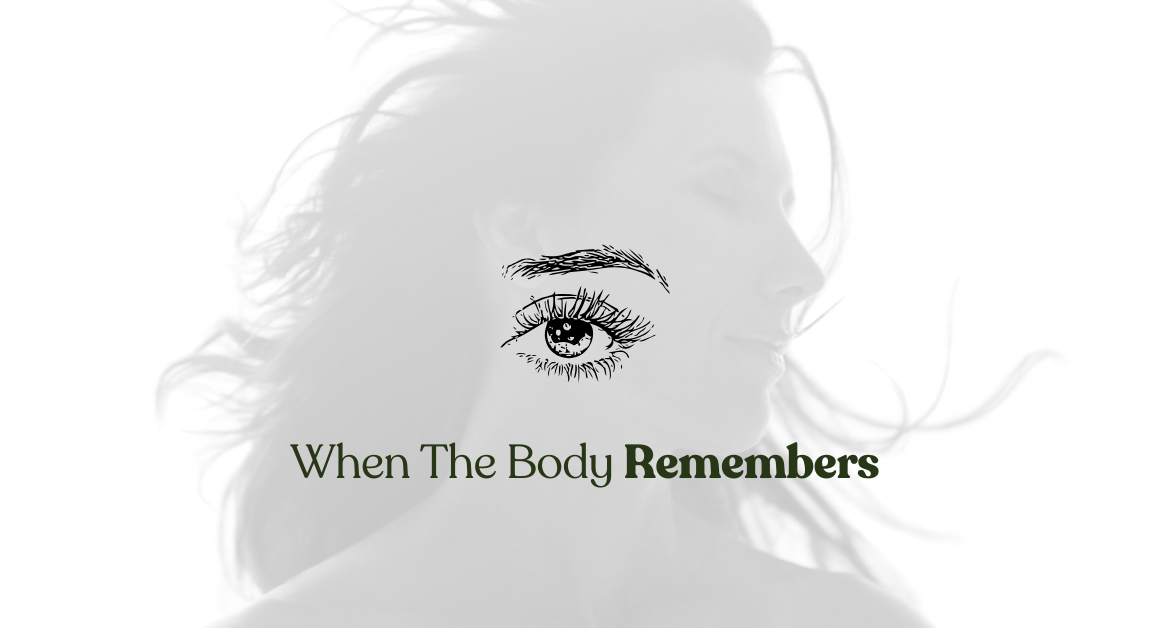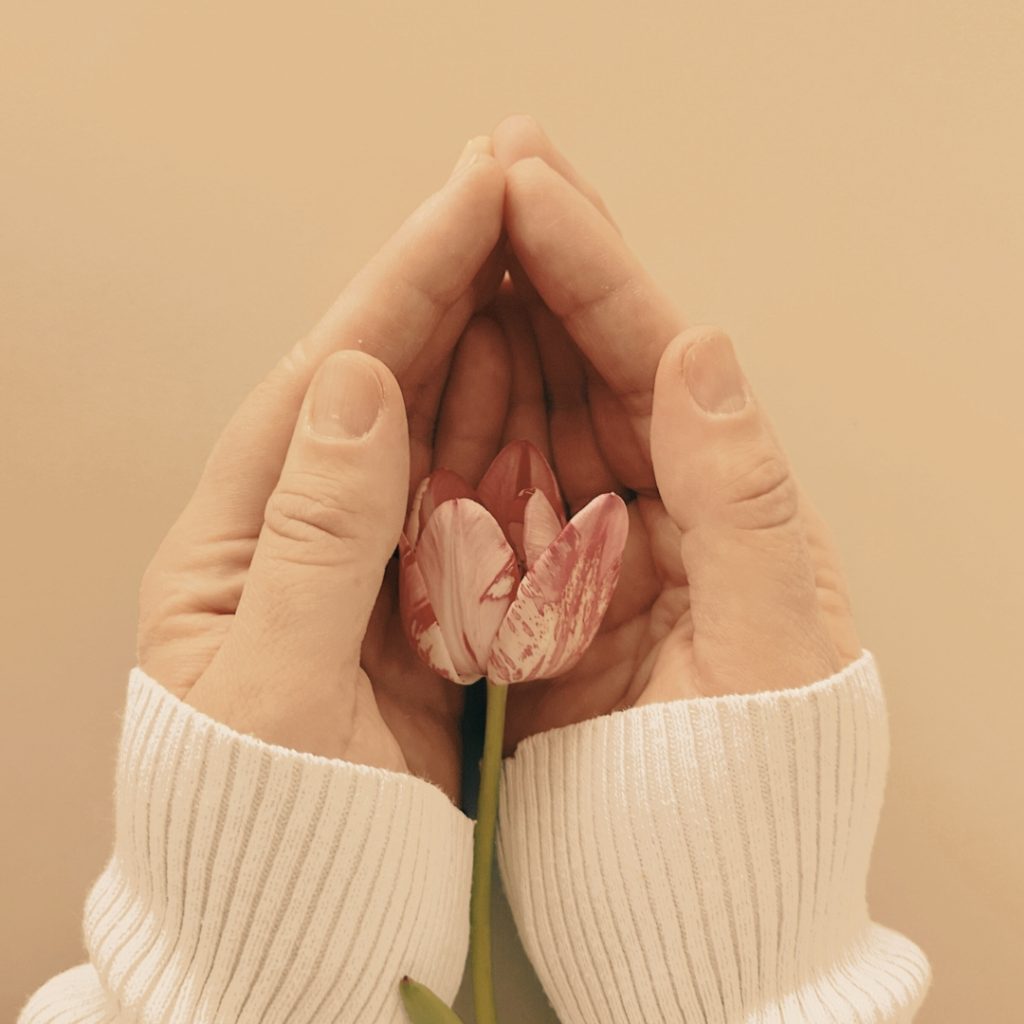
When the Body Remembers: Trust, Intimacy, and the Quiet Cost of Holding It All
“Not all harm is loud. Some of it whispers through the body long after the moment has passed.”
Some things don’t look like a big deal from the outside. Not all harm is loud. There’s no fight, no drama, no obvious problem. But your body knows something happened. You feel it — the shift, the drop, the quiet panic. And suddenly, you’re carrying the weight of it all — again.
Many women were handed the role of emotional guardian before they even knew how to guard themselves. They were the ones asked to go speak to the sibling in crisis. To mediate between parents. To notice when someone was upset and fix it—before things got worse. So of course, as adults, they become the ones who hold. Who soothe. Who protect. Even when they’re tired. Even when they shouldn’t have to. Even when it’s not their job anymore.
“When you’re trained to keep the peace, it’s easy to forget you were never meant to carry it all.”
This happens quietly. Someone you love disconnects — not always physically, but emotionally. Maybe they’re there in body, but gone in presence. Maybe it’s alcohol, maybe it’s emotional shutdown, maybe it’s just what they’ve always done. Either way, you’re left holding the moment. The mood. The room. The children. Yourself.
And for those who’ve spent a lifetime absorbing the emotional weight of others, these moments don’t just pass through. They settle in the body. We don’t always call it trauma, because it doesn’t look like what we’ve been taught trauma should look like. But it shapes us all the same.
This is especially true for the kind of women I often meet — creative, intuitive, emotionally responsible. Women who’ve been praised for how much they can carry, but quietly resent how often they’ve had to. Women who learned early on how to manage the room so no one else would fall apart. The pattern runs deep, and it resurfaces in places we don’t expect.
For many, it shows up around intimacy. The kind that asks for softness, presence, and surrender. Especially when someone reaches for closeness after once disappearing from it.
You might love them. You might trust them in daily life. But something still tightens when they want you to open. A flicker of disgust. A quiet no. Not because you don’t care — but because a part of you remembers what it felt like to hold it all, alone, while they vanished.
And sometimes, they don’t even remember. That’s part of what makes it hard. You didn’t talk about it. You might have protected them. You might’ve cleaned it up, covered it up, minimised it, because you didn’t want to ruin what you had. But deep down, you know it marked you. You know it changed something.
“It’s not rejection. It’s memory.”
This is where intimacy becomes complicated. Because when someone who once left you emotionally unheld asks for access to your body, it doesn’t feel like connection. It feels like risk. Not hatred — just a deeply embedded boundary your body formed in the absence of being seen.
And if you find yourself pulling away, questioning why you don’t feel like being close — even when everything looks fine now — this might be why. Your body isn’t betraying you. It’s protecting you. It’s responding to something that was never fully acknowledged.
We rarely talk about these kinds of ruptures. The quiet ones. The ones we excuse because “they didn’t mean it” or “it wasn’t that bad.” But we live with them — in our tension, in our discomfort, in the stories we tell ourselves about why we’re not more “open.”
“You don’t need permission to honour the places your body still protects.“
This isn’t about blame. It’s about clarity. You don’t owe access to parts of yourself that were never truly honoured. You don’t need to perform desire to keep peace. You don’t need a more dramatic reason to trust your own no.
What part of you still believes you need to be okay with what you were never okay with? And how can you give yourself the freedom to accept what you feel-without needing to explain it in any way?
📌 I work with women navigating these quiet truths — the emotional weight they’ve carried, the disconnect between what’s expected and what’s real. If that’s you, and you’d like to be in conversation, I’d love to meet you there. Apply for a spot as my private client.



